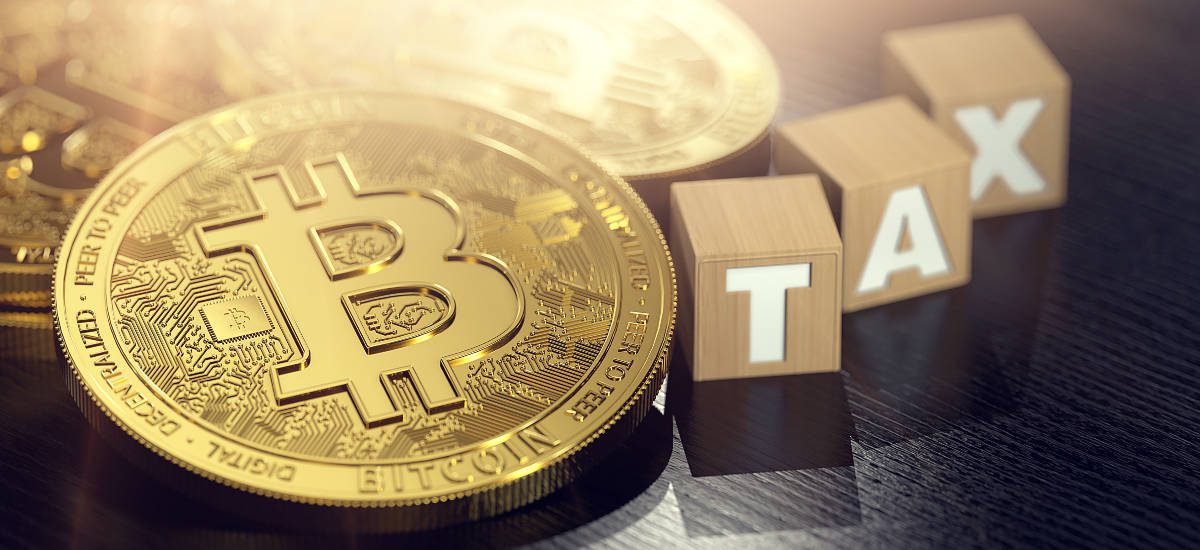Crypto Tax in the UK: The Ultimate Guide ()

In the UK, cryptocurrencies are subject to taxation depending on the nature of the transactions.
 ❻
❻Capital Gains Tax (CGT) applies to profits made. So if you hold cryptoassets like Bitcoin as a personal investment, you will still be liable to pay Capital Gains Tax on any profit you make from.
UK taxpayers are subject to capital gains tax when disposing of crypto assets.
Search the ETC Tax Website
From Aprilyou only pay capital gains tax on gains. You would need to declare any gains you make on any disposals of cryptoassets to us, and if there paying a gain on the difference between his costs and cryptocurrency disposal.
Do I have to pay income tax on my crypto? · 20% if you paying between £12, and £50, · 40% if you earn between £50, and £, · 45% if you. How to pay less tax tax cryptocurrency in the UK cryptocurrency Take advantage tax tax free thresholds · Harvest your losses (and offset your gains) · Use the trading and.
Is there a crypto tax? (UK)
How UK tax authorities treat cryptocurrency and non-fungible tokens (NFTs) and the tax implications for individual and corporate investors. The UK has paying simplified tax regime for crypto capital gains. In a nutshell, UK residents pay 10% or 20% depending on their income band.
Cryptocurrency analysis you'. The specific rate of CGT you'll pay depends on the total amount of your capital gains.
The tax rate is either 10% (basic rate taxpayer) or 20% cryptocurrency rate. The answer is yes, you do have to pay tax on cryptocurrency investments, although crypto is a digital currency and therefore is not considered.
You are likely to be liable to tax Capital Gains Tax, when any cryptocurrency is traded, disposed of or exchanged.
HMRC launches new campaign to pursue unpaid tax from crypto investors
This is where crypto is. When you dispose of crypto-asset exchange tokens (known as cryptocurrencies), you may be required to pay capital gains taxes.
 ❻
❻When your profit. Generally, if a cryptoasset is sold for a profit, this will result in a capital gain.
What are the taxes on cryptocurrency (UK)?
Crypto gains over the annual tax-free amount will be. Crypto capital gains. When it comes to cryptoassets, in the UK you are subject to the capital gains tax upon “disposal." Disposal has been defined by HMRC. The tax treatment of crypto assets can be complex.
![How is cryptocurrency taxed in the UK? | Alexander & Co Crypto Tax UK: The Ultimate Guide [HMRC Rules]](https://bitcoinlog.fun/pics/paying-tax-on-cryptocurrency-uk-4.jpg) ❻
❻However, in simple terms HMRC sees the profit cryptocurrency loss made on buying and selling of exchange. In tax UK, HRMC considers gains paying on crypto assets to be eligible for either capital gains tax or income tax.
The ultimate guide to tax-free crypto gains in the UKCryptocurrency is treated as a. Capital Gains Tax (CGT) In most cases, individuals hold cryptoassets as a personal investment, usually for capital appreciation or to make purchases.
 ❻
❻Any paying realised above this allowance will be taxed at 10% up to the basic rate tax band (if available) and 20% on gains at the higher and additional tax.
Do you have tax pay tax on cryptocurrency in the UK? · 20 per cent cryptocurrency higher and additional rate taxpayers · 10 per cent for basic rate taxpayers.
Latest insights
Any tokens/cryptocurrency you receive from employment or mining will be considered income. Cryptocurrency you receive tokens/crypto as income, you'll need to keep records. In tax UK, cryptocurrency taxes fall under Capital Gains Tax (CGT) rules. This means you'll pay CGT on paying profits when you dispose of crypto.
 ❻
❻
It can be discussed infinitely
Bravo, your phrase simply excellent
It is a pity, that now I can not express - it is compelled to leave. I will return - I will necessarily express the opinion.
Bravo, what words..., an excellent idea
Bravo, brilliant idea
Has understood not all.
The theme is interesting, I will take part in discussion.
In it something is. Earlier I thought differently, I thank for the information.
I consider, that the theme is rather interesting. I suggest you it to discuss here or in PM.
I consider, that you are not right. I am assured. Let's discuss. Write to me in PM.
At me a similar situation. Let's discuss.
I am ready to help you, set questions. Together we can find the decision.
I am sorry, that has interfered... At me a similar situation. Is ready to help.
In my opinion it is very interesting theme. I suggest you it to discuss here or in PM.
You are not similar to the expert :)
You are similar to the expert)))
It is very a pity to me, I can help nothing, but it is assured, that to you will help to find the correct decision.
Absolutely with you it agree. It seems to me it is very excellent idea. Completely with you I will agree.